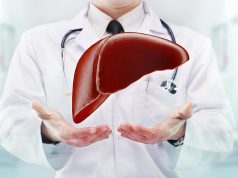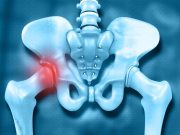High-Volume Centers Do Not Mitigate Heart Transplant Survival Disparity
The most socioeconomically deprived recipients show inferior survival at three and five years after transplantation
Kidney Transplant Noninferior From Donors With Versus Without HIV in HIV-Positive Recipients
Adjusted hazard ratio for composite primary outcome showed noninferiority for donors with versus without HIV
Industry Payments Common for Physician Peer Reviewers of Top Journals
Peer reviewers in this study received $64.18 million in general payments between 2020 and 2022
Collagenase Not Noninferior for Dupuytren Contracture
At one year after treatment, collagenase was not noninferior to limited fasciectomy with respect to the score on the PEM
Extracorporeal Blood Purification Can Cut Cardiac Surgery-Associated AKI
EBP device in nonemergent cardiac surgery linked to lower rate of CSA-acute kidney injury in patients after cardiopulmonary bypass
Multiple Surgeries Tied to Worsening Brain Health
Findings seen for both cognitive decline and neurodegeneration
Online Tool Enhances Decision-Making for Timing of Breast Reconstruction
More patients using online aid satisfied after surgery than those receiving informational leaflet
American Academy of Otolaryngology-Head and Neck Surgery, Sept. 28-Oct. 1
Metabolic-Bariatric Surgery Tied to Reduced Risk for Pancreatic Cancer in Those With Obesity
Reduced risk was more pronounced in those with type 2 diabetes, but was also seen in those without T2D
Liposomal Bupivacaine No Aid for Intracapsular Femoral Neck Fracture Outcomes
No benefits seen after hip hemiarthroplasty



















